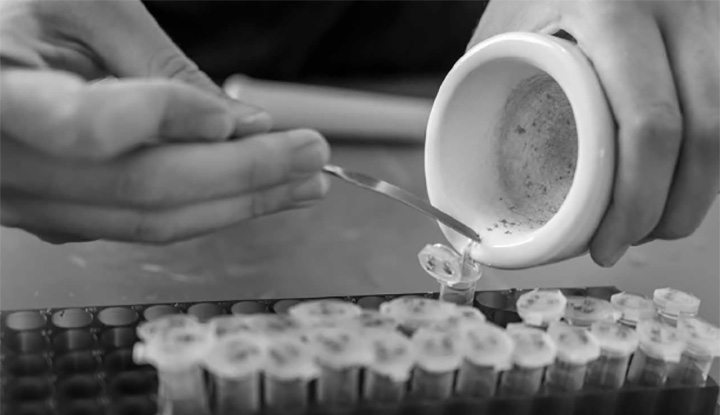Pioneer Fund
The power of participation

Over the course of the Campaign, more than 14,000 donors contributed to the Pioneer Fund, a flexible, unrestricted fund that serves all areas of the College. We celebrate all these donors who generously supported our students, faculty, staff, and programs over the past eight years.
Gifts of all sizes came together to create new opportunities for Grinnell. The median gift during the campaign was $150. Since the Pioneer Fund affects all aspects of the College, we asked faculty and staff across campus to share some examples of how your gifts enrich campus life.